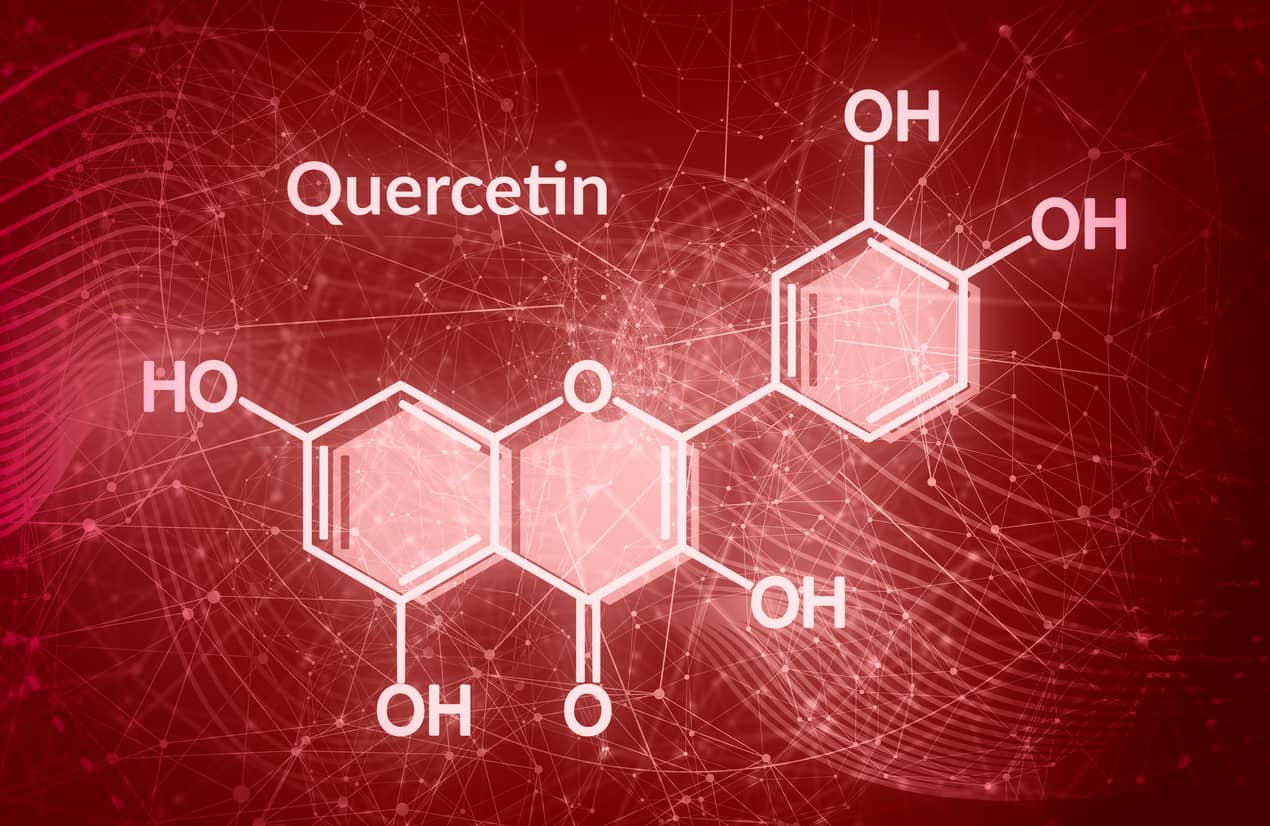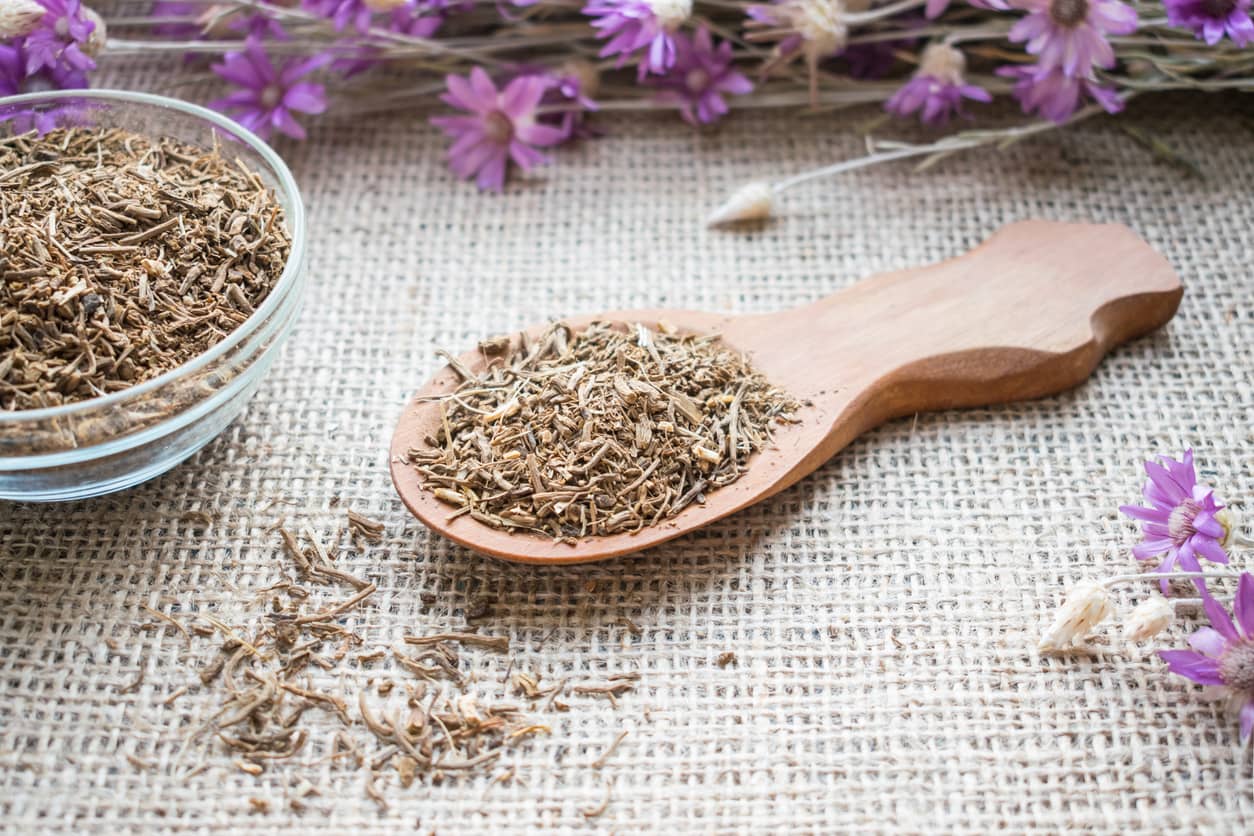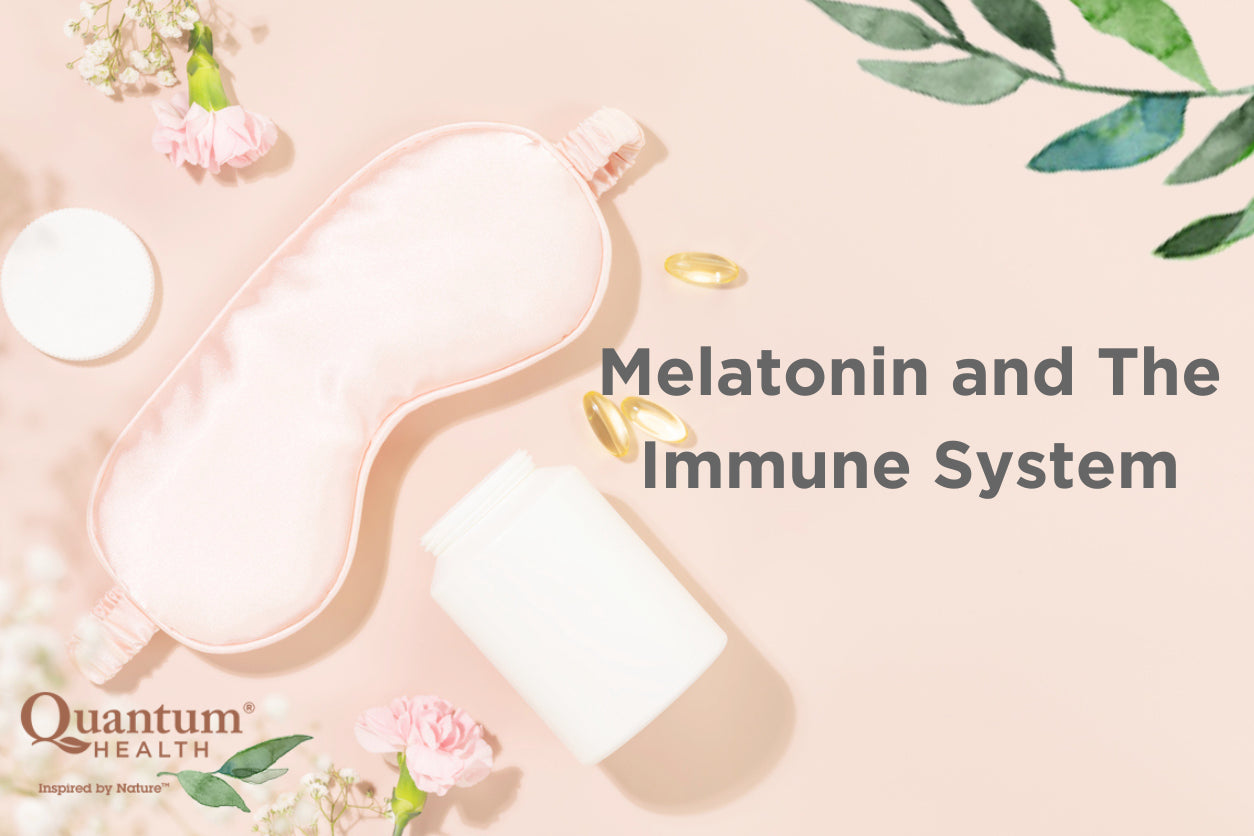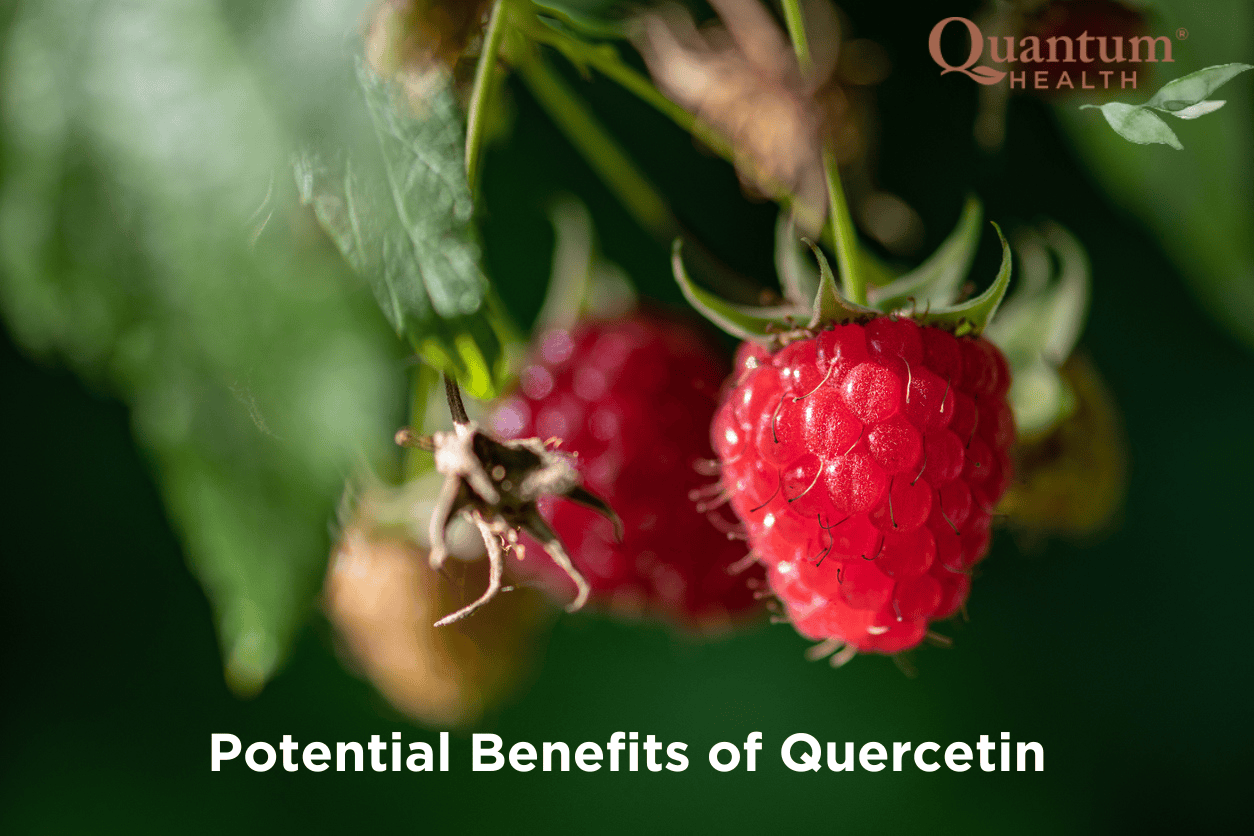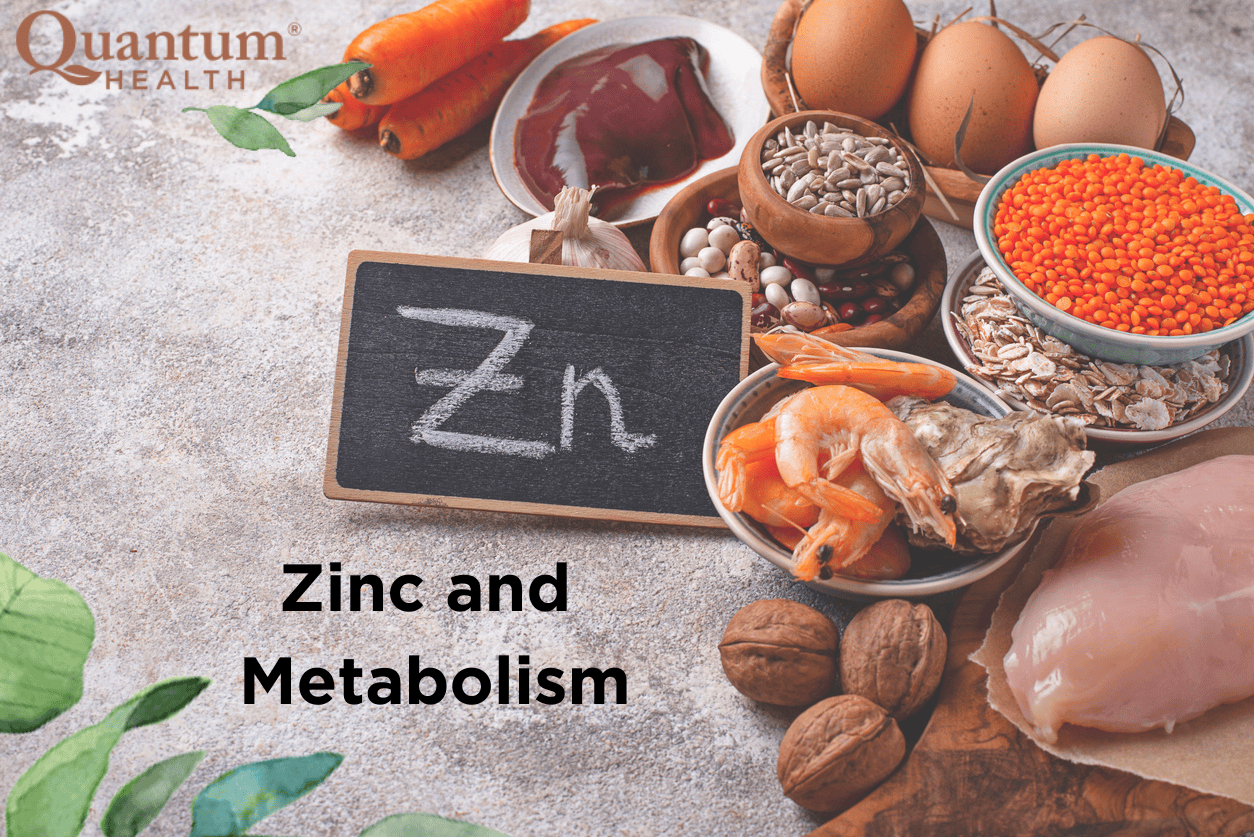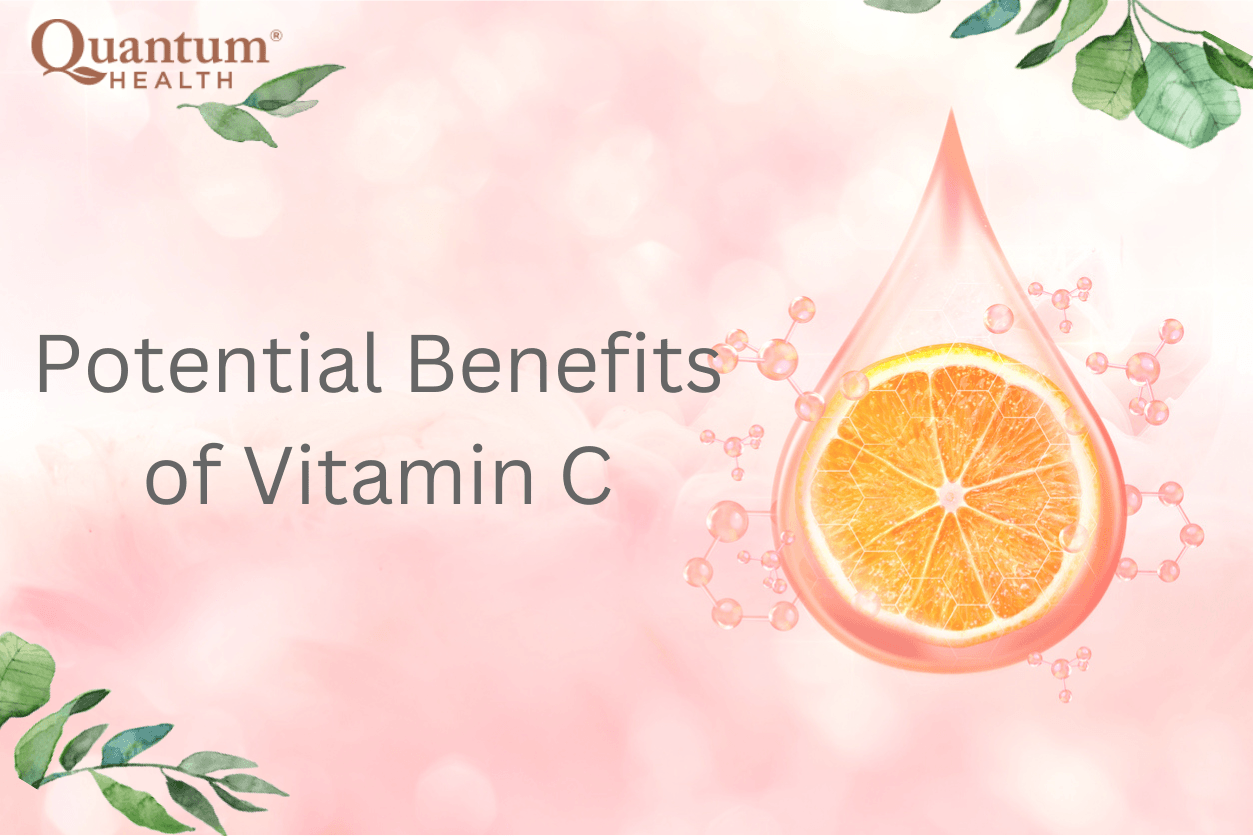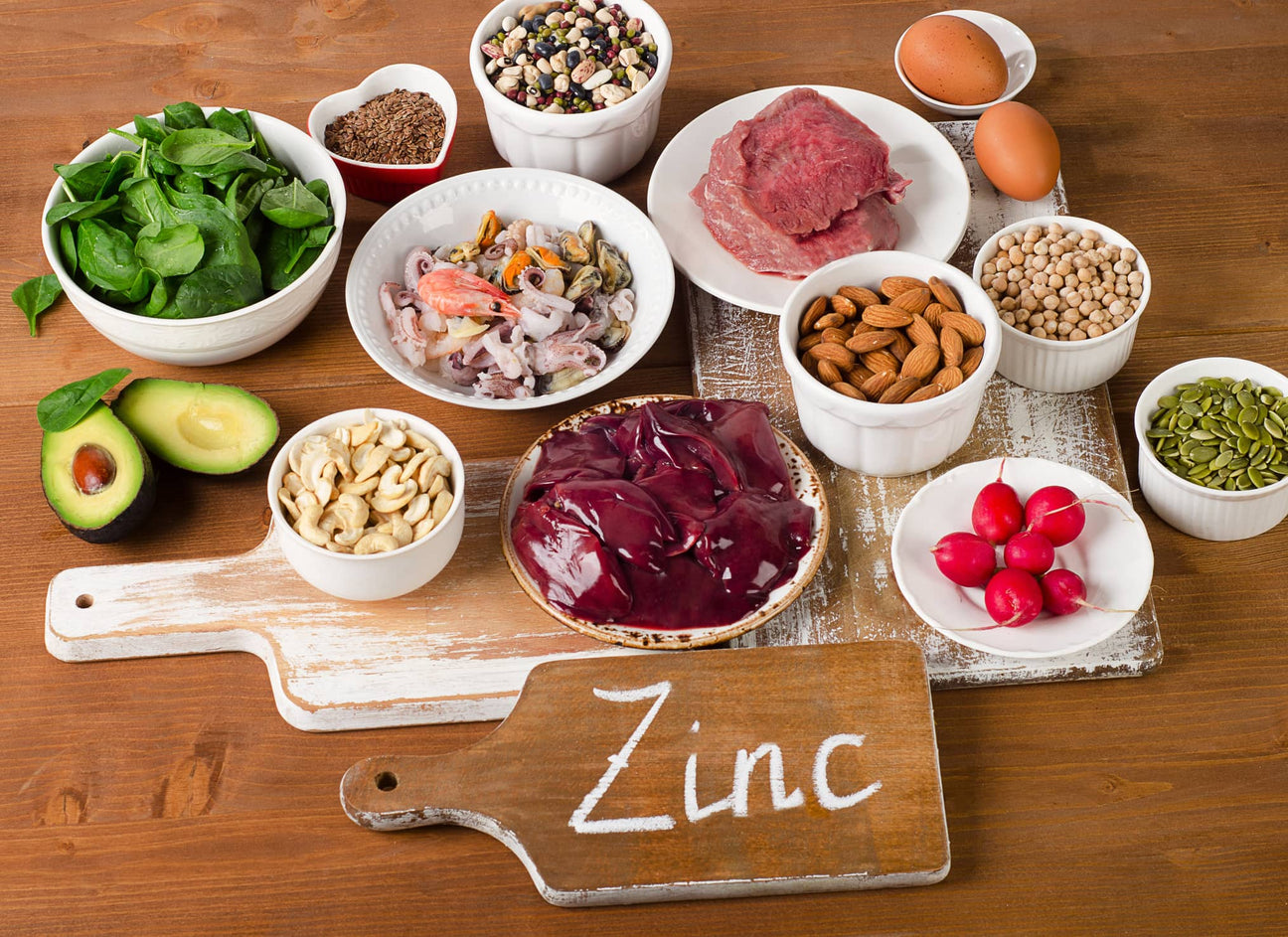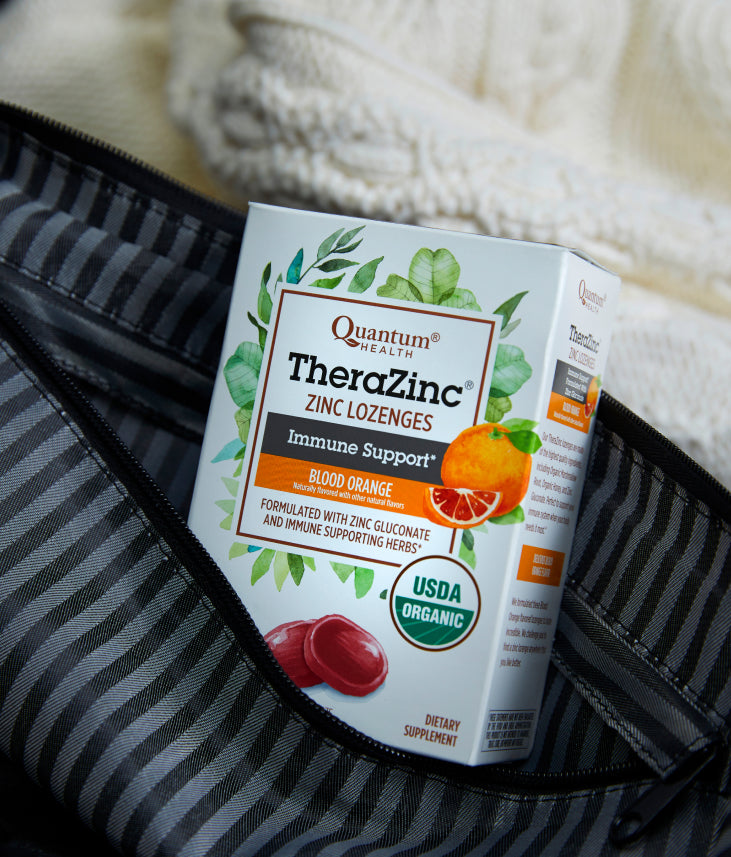What Does Vitamin C Do?

Top Takeaways:
- Collagen Synthesis: Vitamin C is crucial for collagen production, essential for forming and maintaining skin, cartilage, tendons, ligaments, and blood vessels.
- Antioxidant Properties: It acts as an antioxidant, helping to protect cells from damage by free radicals, reducing oxidative stress, and supporting overall cellular health.
- Iron Absorption: Enhances the absorption of nonheme iron from plant-based foods, beneficial for vegetarians and vegans.
- Immune Support: Supports immune function by enhancing various immune responses, contributing to overall immune support.
- Sources and Intake: Naturally found in fruits and vegetables like citrus fruits, broccoli, and tomatoes. Supplements are available for those who need additional intake. Adequate consumption is crucial to avoid deficiency symptoms like dry hair and slow wound healing, while excessive intake may cause gastrointestinal discomfort.
What Does Vitamin C Do? Its Role in Growth and Repair
Vitamin C, also known as ascorbic acid, is an essential nutrient that supports various bodily functions. It is crucial for helping with growth and repair processes in human health.
The Journey of Vitamin C Began with Sailors
The history of Vitamin C is intertwined with the fight against scurvy, a disease that can affect sailors on long voyages. In the 18th century, a British naval surgeon named James Lind found that consuming citrus fruits could help prevent scurvy, though Vitamin C itself wasn't identified until the early 20th century. Hungarian scientist Albert Szent-Györgyi isolated ascorbic acid, the chemical name for Vitamin C, earning a Nobel Prize in 1937. Subsequent research in the 1930s and 1940s led to its mass production and recognition for broader health benefits beyond scurvy prevention.
What Does Vitamin C Do for the Body?
- Collagen Synthesis: Vitamin C is crucial for synthesizing collagen, a protein that helps form skin, cartilage, tendons, ligaments, and blood vessels. This synthesis is fundamental for maintaining the structural integrity of these tissues.
- Antioxidant Properties: Vitamin C acts as an antioxidant, which protects the body against damage from free radicals. This protection helps reduce oxidative stress and may support overall cellular health.
- Iron Absorption: Vitamin C enhances the absorption of nonheme iron. This type of iron is often found in plant-based foods. This improved absorption is particularly beneficial for individuals who follow vegetarian or vegan diets.
- Growth and Repair: Vitamin C supports the healing of wounds and the maintenance of healthy bones and teeth. Its role in collagen formation is critical for repairing damaged tissues and maintaining their strength and resilience.
- Immune Support: While not a cure or preventive measure, Vitamin C supports the immune system by enhancing various immune responses. It helps maintain the overall function of the immune cells, contributing to a well-functioning immune defense.
- Comprehensive Well-being: Regular intake of Vitamin C supports cardiovascular, skin, and eye health. It contributes to the maintenance of a healthy immune function, which is essential for overall well-being.
Natural Sources and Recommendations
Vitamin C is naturally abundant in many fruits and vegetables, including citrus fruits, broccoli, and tomatoes. Incorporating these foods into your diet can help ensure adequate intake of this essential nutrient.
Supplements are available in various forms and dosages for those who may not get enough Vitamin C from their diet. It's important to follow the daily recommended intake guidelines, which vary by age group.
Understanding Deficiency and Excess
A deficiency in Vitamin C contributes to symptoms such as dry hair, gingivitis, scaly skin, slow wound healing, and easy bruising. Ensuring adequate intake is crucial to help avoid these issues.
While Vitamin C is generally safe, excessive intake can lead to potential side effects, such as gastrointestinal discomfort. It's also important to be aware of potential interactions with certain medications.
Your Daily Dose of Sunshine
Vitamin C is a key vitamin for your body to maintain overall health. It supports collagen synthesis, acts as an antioxidant, enhances iron absorption, and aids in tissue repair and immune function. Integrating a balanced intake of Vitamin C through diet and supplementation can help sustain your well-being. Embrace the benefits of this essential nutrient to support your body's growth and repair processes every day.
Share
Your share can inspire countless others.



























